Many people do not consider teas when it comes to digestion. However, it has been a popular and age-old remedy in various parts of the world for a long time. In this article, let’s take a detailed look at what teas can help you with your digestive ailments.
The Importance of Digestion
Digestion is the process where our food gets absorbed by our body and metabolizes into energy. It is a delicate process that takes into consideration our dietary intake, lifestyle habits, hormones, and any pre-existing health conditions. A healthy digestion not only ensures that your tummy remains safe from any aches and pains, but it also gives us good mental health, glowing skin, better sleep, and overall health.
Teas for Digestion
Teas for digestion can help with constipation, acidity, diarrhea, bloating, cramping, excess flatulence, and may even increase nutrient absorption. There are many other ways, such as adding probiotics to your diet, that can help improve digestion. Adding teas can be a brilliant and easy step to achieve the same goal. Teas also ensure minimum side effects and prove themselves to be an efficient solution for all your digestive issues. Let’s look at the different teas for digestion below.
Chai
The presence of peppermint, ginger, and cloves in chai not only help alleviate the symptoms of gas and acidity but also boost the metabolism. The antiinflammatory properties of these spices also reduce the chances of gut inflammation and bacteria formation.
Ginger Tea
Ginger tea contains a huge amount of antioxidants and especially the active ingredient, gingerol, in it. It can help you get rid of excess acidity in your stomach and at the same time soothe it from any discomfort. Ginger tea also helps in regulating your bowel movements, thereby eliminating the risk of developing constipation or bloating.

Green Tea
Green tea is full of catechins that increase the production of pepsin in the body. Pepsin is an enzyme that helps in the breakdown of proteins in the foods that we eat, thereby acting as a building block in our digestive system.

Chamomile Tea
Chamomile tea is effective for excessive flatulence and indigestion in your stomach. It is useful for sleep, thanks to its sedative properties - not only that but it also helps with upset and tensed stomach or constipation.
Peppermint Tea
Peppermint helps in increasing the bile in your stomach, thereby improving digestion in the intestines, reducing constipation. The anti-inflammatory properties of this digestive tea can help reduce the acidity in your stomach and make you feel better and less bloated.

Turmeric Tea
Turmeric tea is beneficial to your health for various reasons, thanks to the presence of curumin in it. Curcumin is an antioxidant that can reduce the effects of acid reflux and inflammation in your stomach, thereby improving your overall gut health.
While these are some of the best digestive teas, you can also try out Wellbeing Nutrition's Probiotic + Prebiotic that provides support to your digestive health, neutralizes toxins, improves metabolism, and helps prevent other gut-related issues. With 36 billion (CFU) active live cultures per serving your gut microbiome will thrive and be healthy, ridding it of all digestive problems.
References:
- Determination of Trace Elements in Herbal Tea Products and Their Infusions Consumed in Thailand, Sumontha Nookabkaew, Nuchanart Rangkadilok, and Jutamaad Satayavivad, J. Agric. Food Chem. 2006, 54, 18, 6939–6944, Publication Date:August 4, 2006, https://doi.org/10.1021/jf060571w. (https://pubs.acs.org/doi/abs/10.1021/jf060571w)
- The emerging story of dietary fibre and gut health, Jane Muir; Peter Gibson, (https://search.informit.com.au/documentSummary;dn=628686266857533;res=IELAPA)
- Aflatoxins and ochratoxin A in tea prepared from naturally contaminated powdered ginger, M.H.Iha, M.W.Truckess, 2010, https://doi.org/10.1080/19440041003795319. (https://www.tandfonline.com/doi/abs/10.1080/19440041003795319)
- Common tea formulations modulate in vitro digestive recovery of green tea catechins, Rodney J. Green, Angus S. Murphy, Burkhard Schulz, Bruce A. Watkins, Mario G. Ferruzzi, Molecular Nutrition and Food Research, https://doi.org/10.1002/mnfr.200700086. (https://onlinelibrary.wiley.com/doi/abs/10.1002/mnfr.200700086)
- Herbs, Spices, and Medicinal Plants: Recent Advances in Botany, Lyle E. Craker, James E. Simon, (https://books.google.co.in/books?hl=en&lr=&id=rK8PAReCO-EC&oi=fnd&pg=PA235&dq=digestion+%22chamomile+tea%22&ots=Uf73LgoXQd&sig=ShJTH1UWhLJSpCz4E2f94ZUBrmQ&redir_esc=y#v=onepage&q&f=false)
- A review of the bioactivity and potential health benefits of peppermint tea (Mentha piperita L.), Diane L. McKay, Jeffrey B. Blumberg, Phytotherpay Research, https://doi.org/10.1002/ptr.1936. (https://onlinelibrary.wiley.com/doi/abs/10.1002/ptr.1936)
- Multitargeting by turmeric, the golden spice: From kitchen to clinic, Subash C. Gupta, Bokyung Sung, Ji Hye Kim, Sahdeo Prasad, Shiyou Li, Bharat B. Aggarwal, Molecular Nutrition and Food Research, 2012, (https://onlinelibrary.wiley.com/doi/full/10.1002/mnfr.201100741)












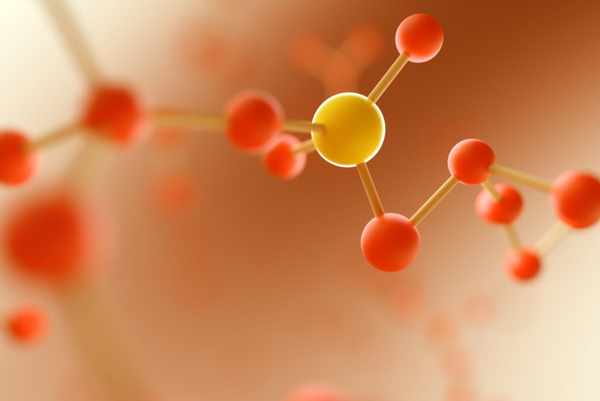

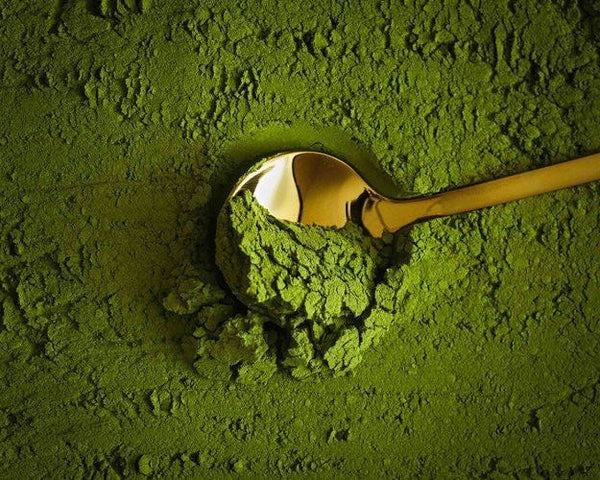
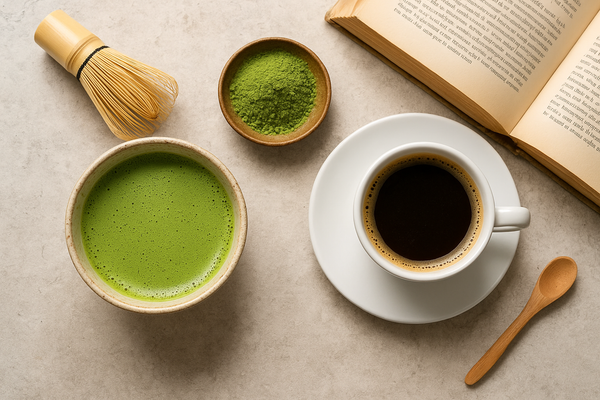
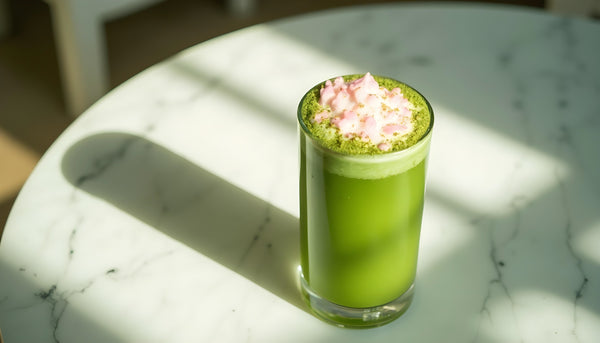
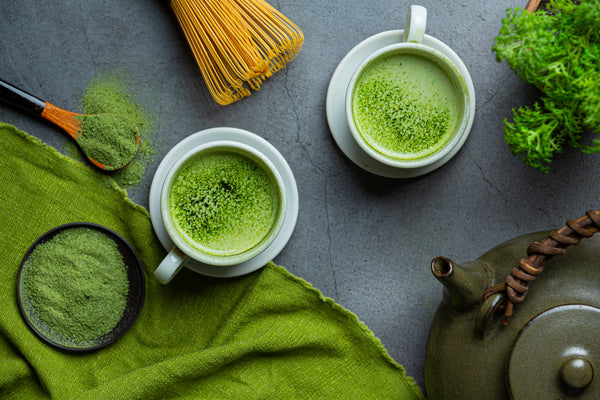
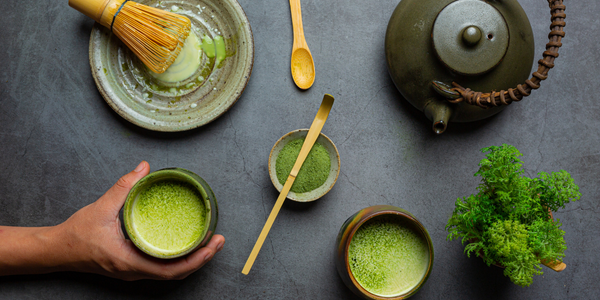
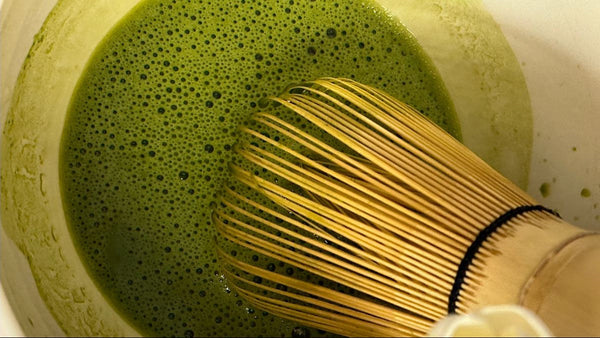
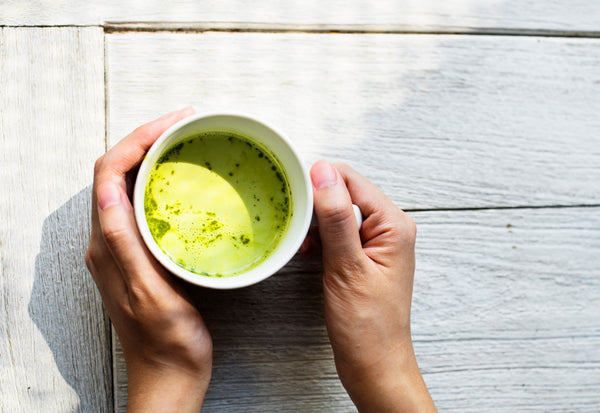






 DOWNLOAD NOW
DOWNLOAD NOW
